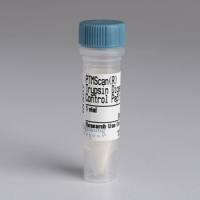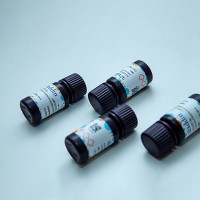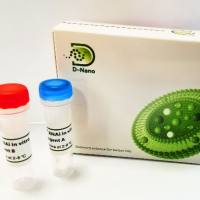In Vitro Model of Spontaneous Mouse OSE Transformation
互联网
532
An in vitro syngeneic model of neoplastic progression of murine ovarian surface epithelial (MOSE) cells represents a valid and significant model that allows for investigations into early mechanisms that impact tumorigenesis. Importantly, MOSE cells representing different stages of neoplastic transformation can be implanted back into immunocompetent mice to investigate host microenvironmental interactions that impact peritoneal dissemination and suppress immune surveillance mechanisms. Here we describe the isolation of MOSE cells that undergo spontaneous transformation upon repeated passage in cell culture. We also provide detailed in vitro assays for 3-D culturing of MOSE cells for characterizing anchorage-independent and invasive growth properties of these cells. Cell lines derived from this model have provided numerous insights into genetic, epigenetic, and biomechanical changes associated with neoplastic progression, as well as the immune responses associated with peritoneal dissemination of ovarian cancer cells.








